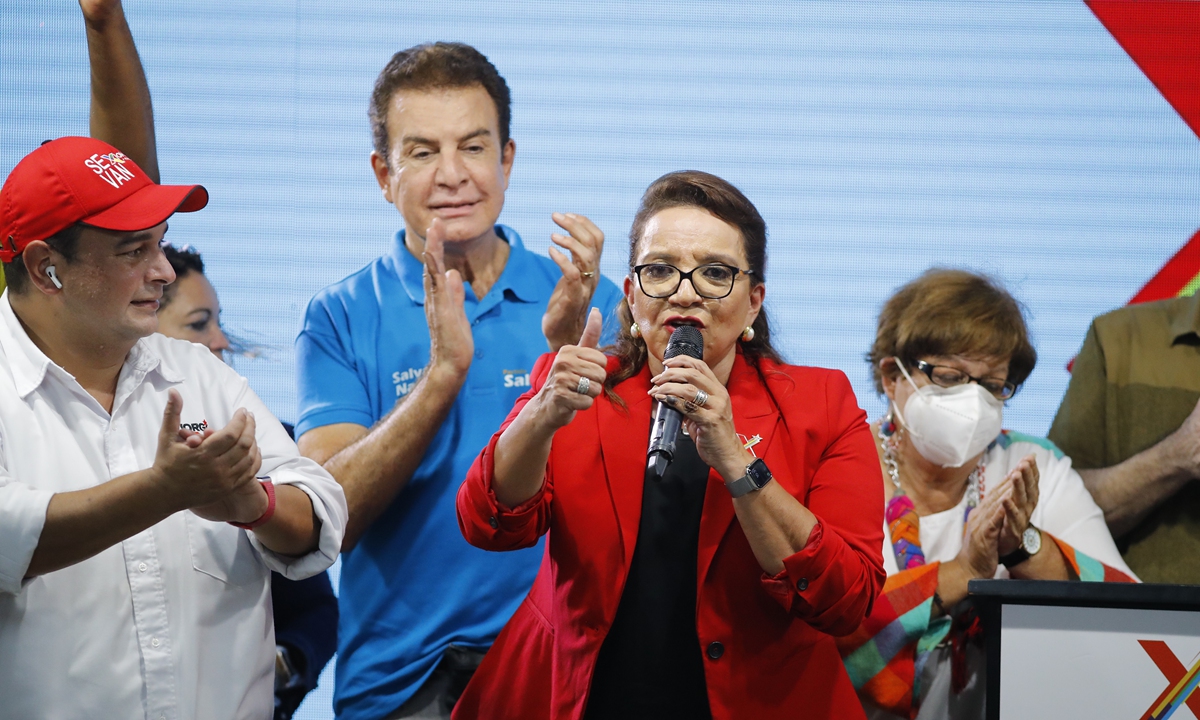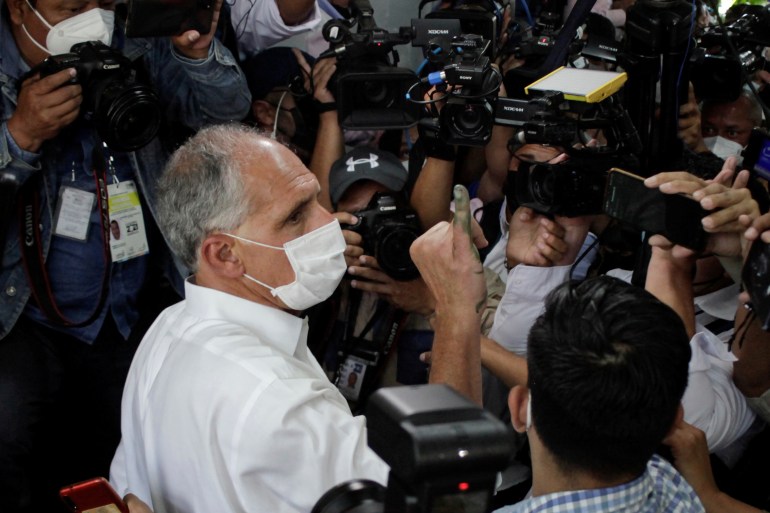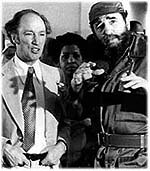I like it when I can say; I told ya so.
Experts: Belief that Castro’s Illness Will Trigger Change in Cuba,
Premature
When news reports hit early this week that Fidel Castro had transferred the reins of power to his brother while he underwent serious gastrointestinal surgery, pictures of dancing expatriate Cubans and Cuban Americans in the streets of Miami flashed on television screens.
But suggestions of the Cuban leader’s imminent demise, as well as that of his form of government, may be greatly exaggerated.
While the Cuban community in Miami is ecstatic, believing that Fidel’s illness and possible absence brings their day closer, the evidence points to the contrary. Going by all news reports there is a stark contrast between the scenes of exultation in Miami and the widespread mood, somber, hopeful, stoic, in Cuba. There is also a glaring gap between the reactions in Miami and those in the rest of Latin America. Whatever the outcome of Fidel’s health crisis, the repugnant scenes in Miami have widened the moral gulf between native and rightwing émigré Cubans, and between the latter and the rest of Latin America. Whatever the mirages of transition pursued by the White House, Fidel’s illness makes the reclaiming of Havana by Miami less not more likely.
In his Cuba: A New History, a work that is rather critical of Fidel Castro, Richard Gott, veteran commentator on Latin America, author of a standard work on the region’s guerrilla movements and one of those who identified Che Guevara’s body in Bolivia, concludes with an unconventional observation, namely that the post Castro transition had already taken place:
‘Personally I expect little change in the years ahead, or even when Castro dies. Cuba has already been governed for several years by a post-Castro government. Raul Castro runs the armed forces today as he has done since 1959. Ricardo Alarcon at the national assembly is the country’s political guru, aware of shifts in public opinion as well as a long serving and expert negotiator with the United States. Carlos lage is the prime minister and controller of the country’s economy. Felipe Perez Roque is a sure hand at foreign affairs, sustaining Cuba’s extraordinary worldwide support. This is a more than competent team that could run the affairs of any country at any time, as one admiring western ambassador explained to me.
| By Stephen Gibbs BBC News, Cuba |
On the streets of Havana there has been a remarkable sense of calm, almost nonchalance, in the face of the dramatic news that President Castro has undergone complicated surgery to stem intestinal bleeding.

People have been going to work as normal. Shops remain open. Cinemas are full.
In the shadow of one of the posters of the smiling president that last year were put up around the capital, pasted with the words "Vamos Bien" ("we are doing well"), Dinorah Padron, a retired nurse in her 60s, expresses an opinion that reflects the thoughts of many Cubans of her generation.
"We think he will be better very soon", she says. "He's healthy".
After 47 years in power many assume that President Castro will live, if not for ever, then at least for the foreseeable future.
"He has to recover", said David Santos, 54, who was wearing a revolutionary T-shirt and was on his way to see his grandchildren. "He is our leader, the maximum, the best."
Also See:
Cuba
Find blog posts, photos, events and more off-site about:
cuba, castro





























